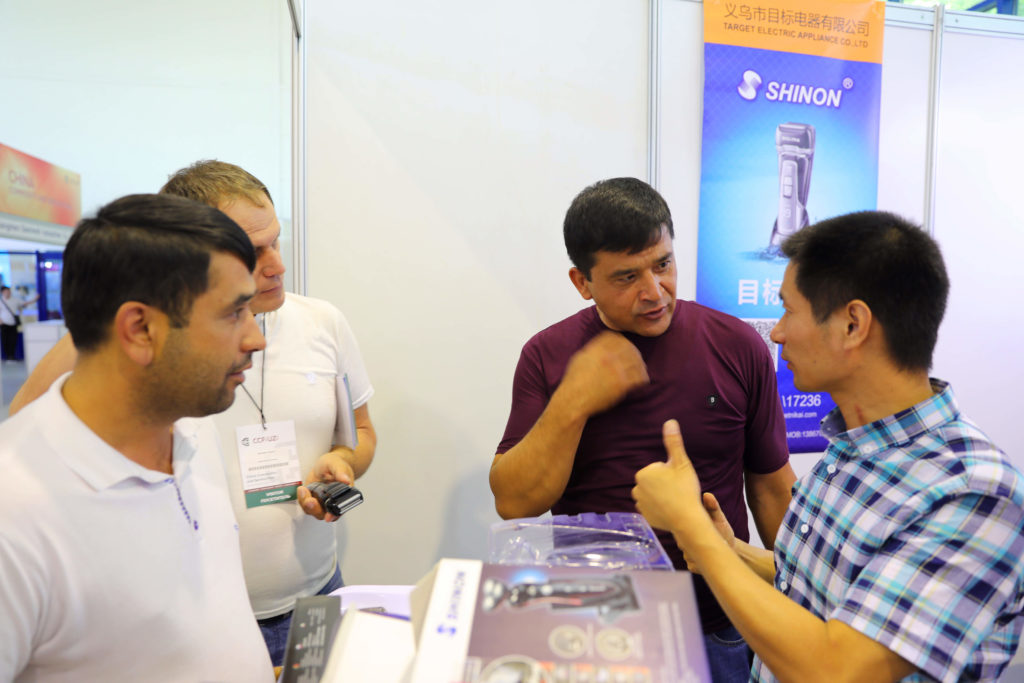
TASHKENT
Uzbekistan, whose economic reforms are helping it cast off its past as a closed, Soviet-style economy, has taken a further step in its drive to lure foreign investors: providing them with a comprehensive guide of how to do business in the country.
The Ministry of Investments and Foreign Trade, in cooperation with the U.S. Agency for International Development (USAID), PricewaterhouseCoopers, and the United Nations Development Program (UNDP), has produced a report entitled “Cost of Doing Business in Uzbekistan, 2021,” a “one-stop-shop” for those looking to do business in Central Asia’s most populous country.
Written by PricewaterhouseCoopers (PwC), one of the most reputable global leaders in the provision of professional services, the report, an updated version of the original guidebook issued by the UNDP in 2016, functions as a brochure written with the prospective foreign investor in mind, whether they are a startup or an established business.
“This report is useful not only for business, but is also an important indicator for the development of proposals to further improve and simplify the processes of doing business in Uzbekistan,” said Sardor Umurzakov, Uzbekistan’s Deputy Prime Minister and Minister of Investments and Foreign Trade.
“Reforms in Uzbekistan have become irreversible and are aimed at creating a new look for the country, committed to the development of economic market principles and the formation of the most favourable business climate for the effective translation of business ideas into the real investment projects,” he added.
The report provides a comprehensive outline of the major costs involved in investing in the country, such as enterprise registration, labor costs, taxes and tax incentives, licensing, foreign trade procedures, customs payments and preferences, business services, logistics and other relevant business information, down to social services costs.
It includes a general guide to foreign trade, highlighting features such as the Uzbek State Customs Committee’s united automated information system, as well as listing most favoured nation rules and countries which effectively have Free Trade Agreements with Uzbekistan.
“USAID supports the Government of Uzbekistan in expanding trade and undertaking trade policy reforms and accession to the World Trade Organization by revising legislation, building institutional capacity, and making firms more competitive,” said USAID Mission Director in Uzbekistan Mikaela Meredith.
“Availability of transparent and reliable data in the Cost of Doing Business in Uzbekistan 2021 is a huge step towards more sustainable investments and an enabling business environment in the country,” she said in a press release published by the US embassy in Uzbekistan.
Since the UNDP’s first guide to business in Uzbekistan was published five years ago,President Shavkat Mirziyoyev has pushed through a dynamic reform agenda designed to transform the country’s economy and create a supportive climate for private and foreign direct investment.
The report highlights “remarkable accomplishments” of recent years, such as the adoption of a new currency regulation law to guarantee the freedom of cross-border and capital movement transactions, as well as a new law on investment activities to guarantee foreign investors’ rights.
Against the backdrop of ongoing policy changes, the total volume of foreign direct investment (FDI) to Uzbekistan has grown to $4.2 billion in 2019 from about $1.6 billion in 2018. Over the past five years, Uzbekistan has been able to significantly improve its position in the World Bank’s 2020 Doing Business Report and was named one of its top 20 “global improvers”.
The report also highlights those sectors about which investors and the wider public have raised concerns. Those include the government’s poor progress in reducing the domination of state-owned monopolies in the economy, non-transparent public procurement, growing concerns over the protection of private property and insufficient laws to protect intellectual property rights, all of which have negatively impacted on Uzbekistan’s investment climate.
The restrictive regulatory environment, with its numerous bylaws, and a lack of competition or access to the market, also discourage investors from exploiting potentially profitable opportunities in Uzbekistan.
USAID said that it supports the Uzbek government in its trade policy reforms and will back its accession to the WTO, which would involve revised legislation, building institutional capacity, and making firms more competitive.
